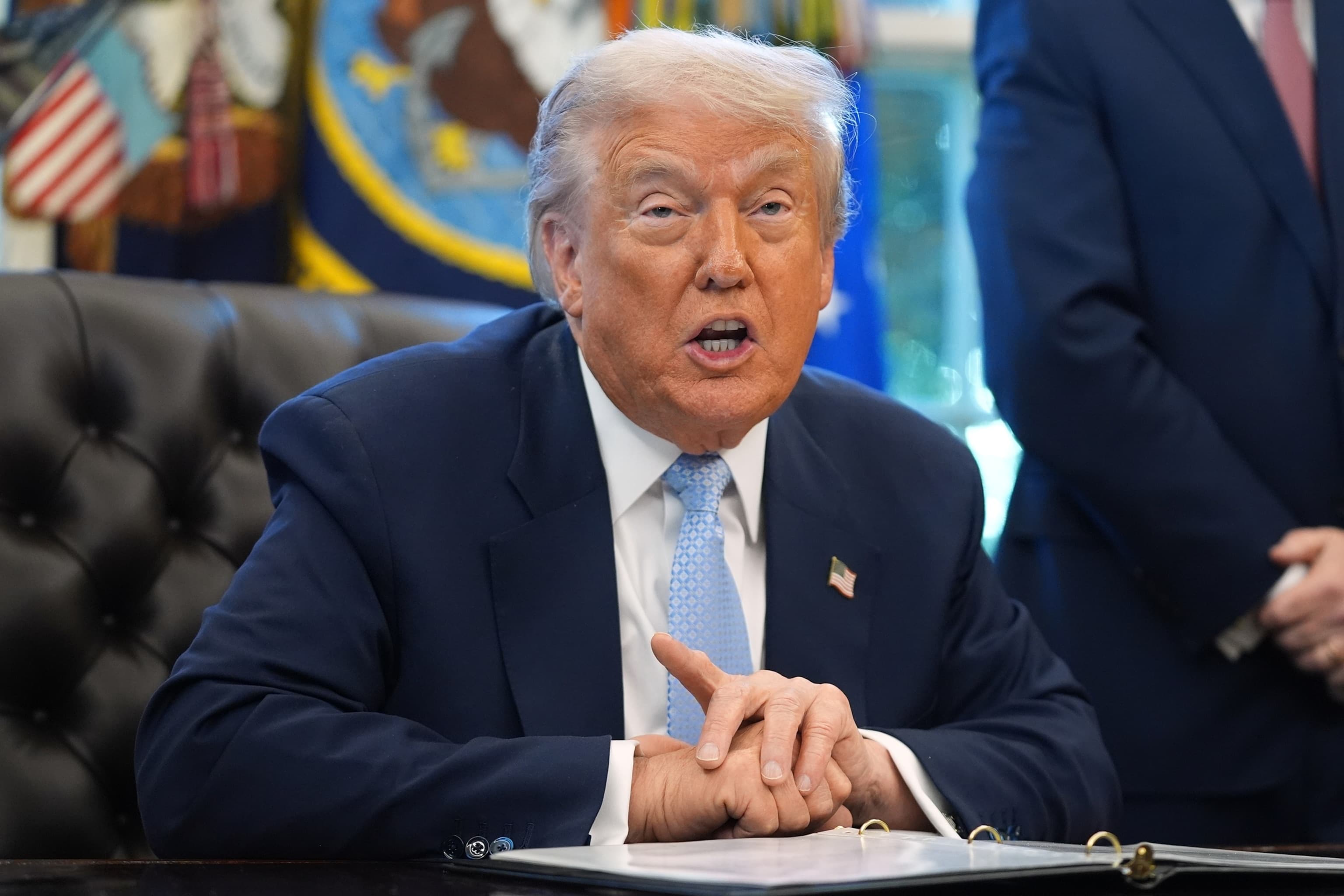Epstein Files Release Bill Signed by Trump in 2019 Mandated Exceptions for Privacy

President Donald Trump signed legislation in December 2019 directing the Justice Department to release files related to Jeffrey Epstein, but with notable provisions for redactions and exceptions. The bill, which was part of a broader spending package, aimed to address intense public demand for transparency surrounding the financier's sex trafficking network. As reported by The New York Times, "President Trump signed a bill calling on the Justice Department to release files tied to Jeffrey Epstein, but with significant exceptions."
The legislation specifically called for the public disclosure of documents while also safeguarding sensitive information, particularly concerning the privacy of victims and individuals who had not been charged with any crimes. This balancing act between public interest and individual privacy has been a recurring challenge in the ongoing legal processes surrounding Epstein's case. Critics at the time voiced concerns that these exceptions could potentially limit the full extent of details revealed about Epstein's high-profile associates.
Public demand for the unsealing of Epstein-related documents intensified following his arrest in July 2019 and subsequent death. Numerous civil lawsuits and legal proceedings have sought to make records public, including victim testimonies and flight logs, to fully expose the criminal enterprise. These efforts underscore a widespread desire for accountability and a comprehensive understanding of who may have facilitated or participated in Epstein's abuses.
The Justice Department has since been tasked with reviewing and releasing these documents, a process often complicated by legal challenges and public pressure. The staggered release of heavily redacted files has at times fueled public frustration and speculation regarding potential cover-ups or incomplete disclosures. The 2019 bill signed by President Trump formalized the directive for release while acknowledging the complexities of protecting sensitive information.